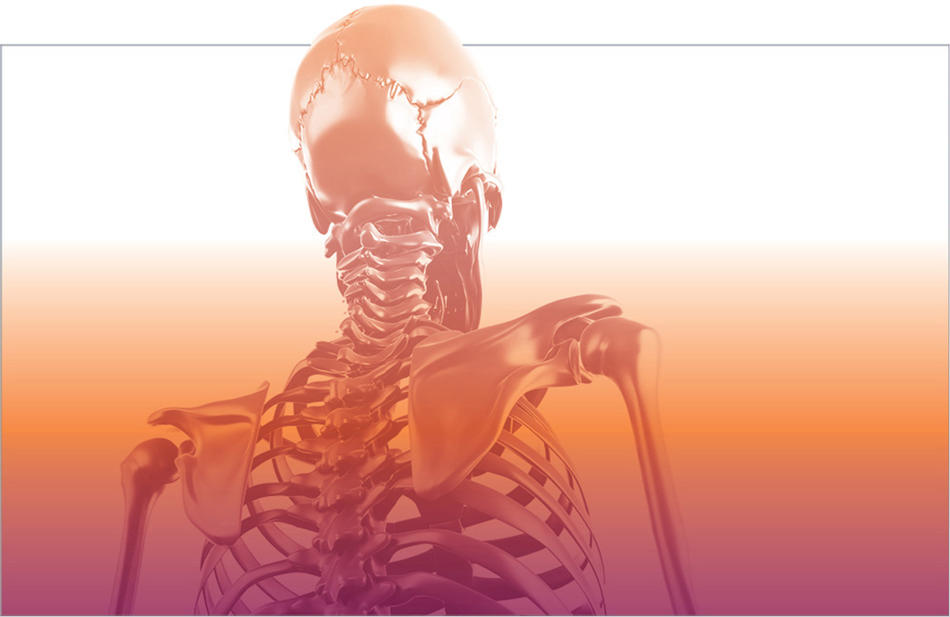Over the past decade and a half, researchers in the laboratory of Gerard Karsenty, the chair of the genetics and development department at Columbia’s Vagelos College of Physicians and Surgeons, have discovered that bones play a surprisingly active role in our physiology and health.
“Until a few years ago, even biologists regarded bones as largely inert,” says Karsenty. “But we now know that they’re constantly communicating with organs and tissues throughout the body.”
The most influential studies to come out of Karsenty’s research have focused on a bone-generated protein called osteocalcin, which turns calcium into bone mass. Karsenty and his colleagues have shown that osteocalcin has a wide variety of biological functions that were previously unrecognized.
Brain development
Karsenty and his team have shown that when female mice are genetically altered to produce low levels of osteocalcin, they give birth to offspring with abnormally small brains.
Memory
Older mice that exhibit signs of mental decline have been shown to reclaim their youthful cognitive abilities after receiving infusions of osteocalcin, a finding that could have implications for treating age-related memory loss in humans.
Acute stress response
Karsenty’s most recent breakthrough, published this year in the journal Cell Metabolism, shows that the so-called fight-or-flight response is kick-started not by the hormone adrenaline, as scientists have long thought, but by osteocalcin.
Metabolism
Osteocalcin tells the pancreas when to increase production of insulin, a hormone that is responsible for converting blood sugars into energy. Karsenty’s research is informing the development of experimental new drugs for type 2 diabetes.
Sexuality
A healthy male libido is dependent on bones, since osteocalcin helps to stimulate the production of testosterone.
This article appears in the Winter 2019-20 print edition of Columbia Magazine with the title "Our amazing bones."



